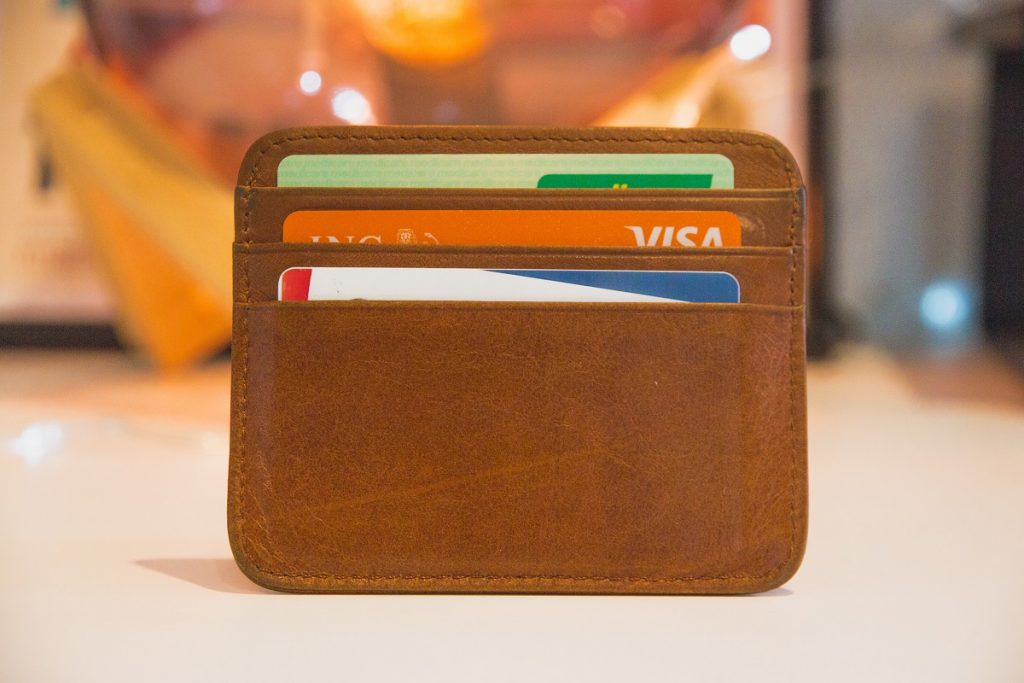What Is a Rewards Credit Card?
Know more about Rewards Credit Card. For every dollar you spend on a rewards credit card, you get some kind of “reward”—usually cashback, points, or travel miles—up to a specific limit. You can then spend your points in a variety of ways depending on the card. Know more about Rewards Credit Card.
Key Takeaways
- For each and every product you buy on a rewards credit card, you will often receive cash back, points, or travel miles.
- Customers who pay off their amount in full every month are the best candidates for rewards cards. Otherwise, your interest payments may easily outweigh your earnings.
- The ideal rewards card for you will be determined by your spending patterns and how you intend to use your points.
How Reward Credit Cards Work

Presently, rewards cards account for a sizable segment of the credit card market, and they appear to have something for everyone. The cards differ in terms as to how your rewards can be redeemed and also what types of products they can be redeemed for, in relation to different reward structures. Know more about Rewards Credit Card.
Checks, statement credits, products purchased through the card issuer, gift cards, and/or travel incentives are the most common ways to redeem your rewards. Your existing rewards amount will appear on your credit card account at the conclusion of each payment cycle.
To attract you to sign up for a credit card, many businesses offer introductory bonus perks. Those deals could include hundreds of dollars in bonuses once you hit a set spending threshold, as well as a 0% APR for the first few months and no fees for the first year.
How to Compare Reward Credit Cards

If you’re shopping for a rewards credit card, here are some of the important features to consider.
- Annual fees. Annual fees are not required for all rewards credit cards, but they are required for many of the more lucrative ones. So, when you sign up, consider the expense of any annual fee vs the value of the benefits you hope to receive over the year. Unless you’re a major spender, paying an annual fee of several hundred dollars, as some high-end cards do, might easily erase your benefits.
- Interest rates. For the first year, many rewards cards offer a promotional 0% APR. However, you will be charged interest if you do not pay your bill in full each month. Interest rates on rewards cards can be high—often 15 percent to 20 percent or more—and they can quickly mount up if you keep a balance open. Interest costs, such a high annual fee, might easily outweigh any incentives you get from your card.
- Tiered vs. fixed rewards. Some cards contain stages of prizes, while others have a fixed reward structure. For different types of purchases, tiered cards give different levels of incentives. For example, a tiered card can give you three points for every dollar you spend on gas but just one point for every dollar you spend on groceries. Fixed cards, on the other hand, pay the same amount of money no matter where they’re used. A set rewards card, for example, might offer 1% or 1.5 percent payback on all purchases.
- Cashback spending caps. Various cash back credit cards have limits on how much you may earn in their most profitable spending categories. For example, a card could give you 3% cashback on the first $1,500 you spend on groceries quarterly, but just 1% on any extra spending until the next quarter begins.
An excellent rewards credit card will fit in with your regular spending patterns rather than forcing you to modify them or overpay just for earning points.
How to Find the Best Reward Credit Card for You

No rewards card, regardless of how appealing, is suitable for all. A lot relies on your own circumstances. So, while you actually apply, there are a few things you need to do.
1. Analyze your spending habits
The greatest rewards card for you will be one that capitalizes on your regular buying patterns rather than requiring you to change them solely to earn points. Do you, for example, spend a lot of money on gasoline, groceries, or restaurant meals each month? If that’s the case, a card that offers additional benefits in those categories might be the ideal fit for you.
Are you a frequent traveller? In that situation, a card that rewards travel purchases and allows you to redeem your points for additional travel may be the ideal option. Similarly, if you buy the majority of your apparel or household products from a specific retailer or stay at a specific hotel chain, a co-branded rewards card issued in collaboration with that company may be beneficial.
Evaluate how often you spend in total. If you can only spend $1,000 or $2,000 monthly on your credit cards, a card that needs you to spend $15,000 in the first 3 months to obtain a large introductory bonus will be of little help to you. (Poor, it may push you to spend excessively!) Search for a card with a lower debt requirement and, most likely, a smaller introductory bonus in that scenario.
2. Check your credit score
To qualify for an excellent rewards card, you’ll need a good credit score. A credit score of at least 670 is required to qualify for a rewards card, according to Experian, one of the three major national credit reporting agencies. (A secured credit card may be an alternative for persons with weaker credit scores.) Some of them now have their own reward schemes.)
So, when you apply for a rewards card, check your credit score and keep in mind that if you have a limited or poor credit history, the cards with better advantages and higher spending limits may be out of reach. Furthermore, applying for too many credit cards might negatively impact your credit score.
The Bottom Line
There are numerous rewards cards available, but finding the appropriate one for you may need some investigation. If you need some assistance, Investopedia regularly updates lists of the best rewards credit cards for specific sorts of consumers. Keep in mind that you may require more than one reward card. You can select a combination that gives you the most value from all of your spending by mixing and matching travel, points, and reward cards.

